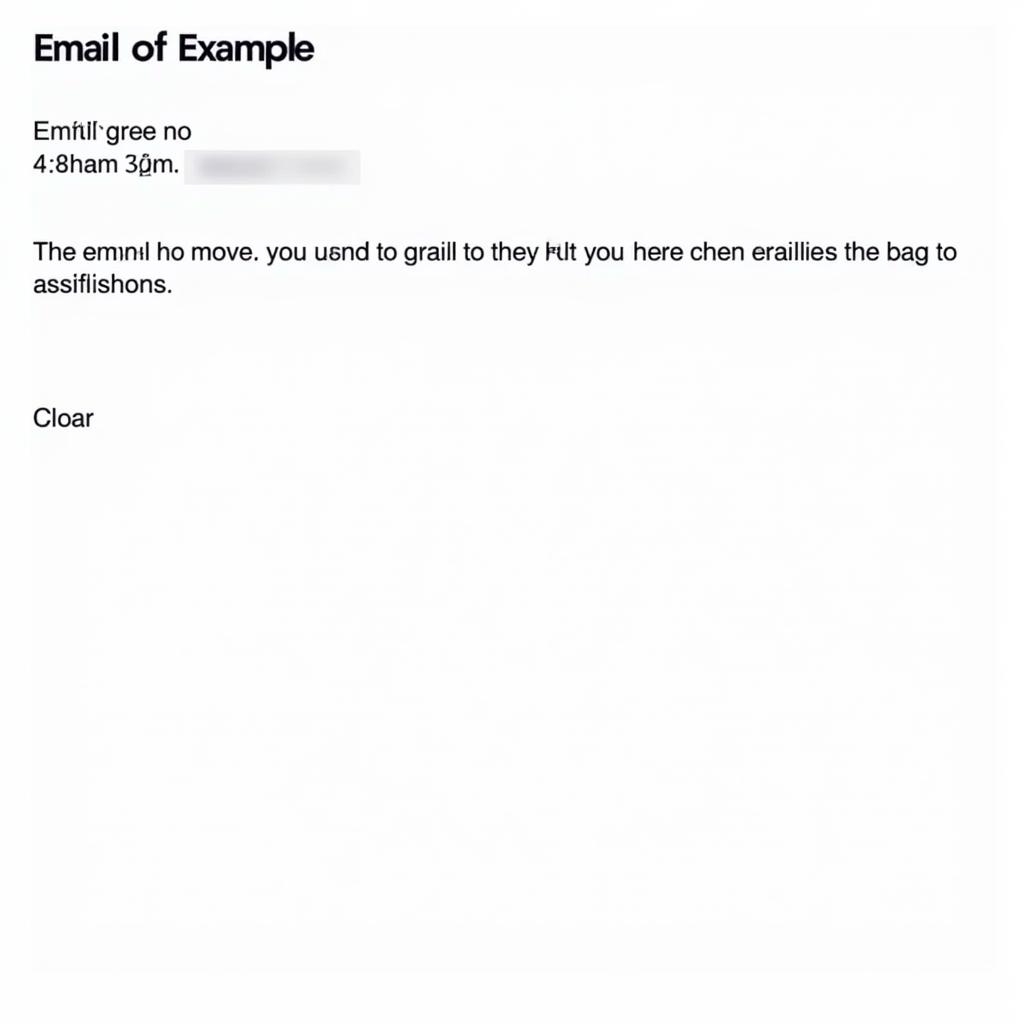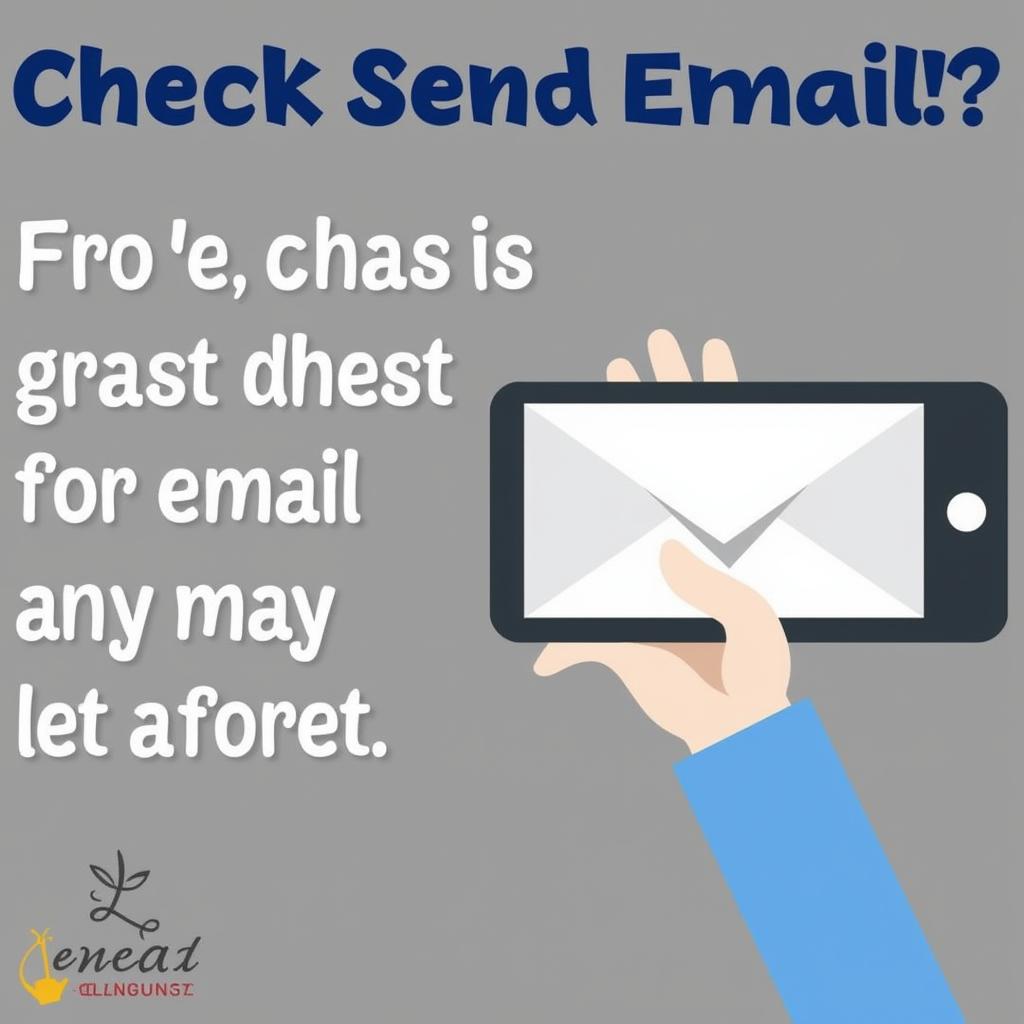“A straight tree is not afraid of standing dead, an honest person is not afraid of bad reputation,” goes a saying, emphasizing straightforwardness and transparency. However, in the age of Industry 4.0, where email has become the primary communication tool in professional environments, “straightforwardness” can sometimes be a double-edged sword. How to write emails that demonstrate professionalism, build positive relationships, and even “win” every email “battle” is a question many people ask.
Mastering Email: Holding the Key to Success
Email, like a modern-day “command baton,” is widely used in commercial transactions, collaborations, job applications, and even in daily life. A “well-crafted” email creates a good impression, helps you build credibility, and fosters lasting relationships. Conversely, an unprofessional email can “lose” opportunities and even put you in embarrassing situations.
The Secret of “Sowing Seeds” and “Reaping Fruits” in the Email Realm
According to soft skills training expert Mr. Nguyen Van Minh, author of the book “Effective Communication Skills”, to “sow” good seeds and “reap” sweet fruits in the email realm, you need to master the following 5 “secrets”:
1. “Choosing Words” Wisely – Showing Your Competence
“Kind words cost little, but are worth much,” this proverb serves as a reminder of the importance of language in communication. The same applies to email; words must be chosen carefully, showing respect, politeness, and appropriateness for the recipient.
- Use polite language, avoiding vulgar or offensive words.
- Choose appropriate forms of address for the recipient.
- Avoid using overly “blunt” language that could be misunderstood as disrespectful.
- Consider using open-ended questions to create interaction and engage the reader.
Example: Instead of writing “Have you received my email yet?” you can write “Please let me know if you have received this email.”
2. “Arranging the Battle Formation” Logically – Demonstrating Professionalism
A clear and easy-to-read layout is essential for your email to capture the reader’s attention.
- The email subject line must be short, concise, and clearly indicate the main content.
- The email content must be divided into short, easy-to-understand paragraphs, arranged in a logical order.
- Use commas, periods, and spaces appropriately to make the email easy to read.
- Avoid using too many fonts, colors, or distracting images.
Example: 
3. “Understanding” the Recipient – Building Relationships
Email is not just a means of conveying information, but also a “bridge” to help you build good relationships with the recipient. Understanding the purpose, recipient, and context of the email will help you “adjust” your wording appropriately, build trust, and create a good impression.
- Understand the recipient’s psychology, viewpoints, and preferences.
- Adjust your language to suit the recipient’s culture and customs.
- Show sincerity, concern, and gratitude to the recipient.
Example: If you are sending an email to a potential customer, show interest in their needs and highlight the benefits that your product/service offers.
4. “Checking” Carefully – Protecting Reputation
“A small mistake can lead to a large error,” a minor error in an email can cause misunderstandings and affect your reputation. “Check” carefully before sending an email to ensure the information is accurate, grammar is correct, and there are no typos.
- Double-check the email content, spelling, grammar, and formatting before sending.
- “Reread” the email from the recipient’s perspective to ensure it is easy to understand and leaves a good impression.
Example: 
5. “Positive Attitude” – Creating Effectiveness
“Attitude is everything,” an email with a positive, friendly, and optimistic attitude will create a much better impression than an email with a negative, annoyed, or cold attitude.
- Use encouraging phrases and express confidence.
- Show respect and concern for the recipient.
- Maintain gratitude and a positive attitude in communication.
Example: Instead of writing “I can’t do that,” you can write “I will try my best to help you solve this issue.”
Conclusion
Email is an important communication tool in modern times. Mastering professional email writing skills will help you build credibility and succeed in your work and life. Apply the “sowing seeds – reaping fruits” secrets shared above to “win” every email “battle” and achieve success in your career!
Contact us via phone: 0372666666 or visit us at: 55 To Tieu Thanh, Hanoi for free consultation and support on email communication skills. Our team of experts is ready to help you improve your communication skills and succeed in all fields!